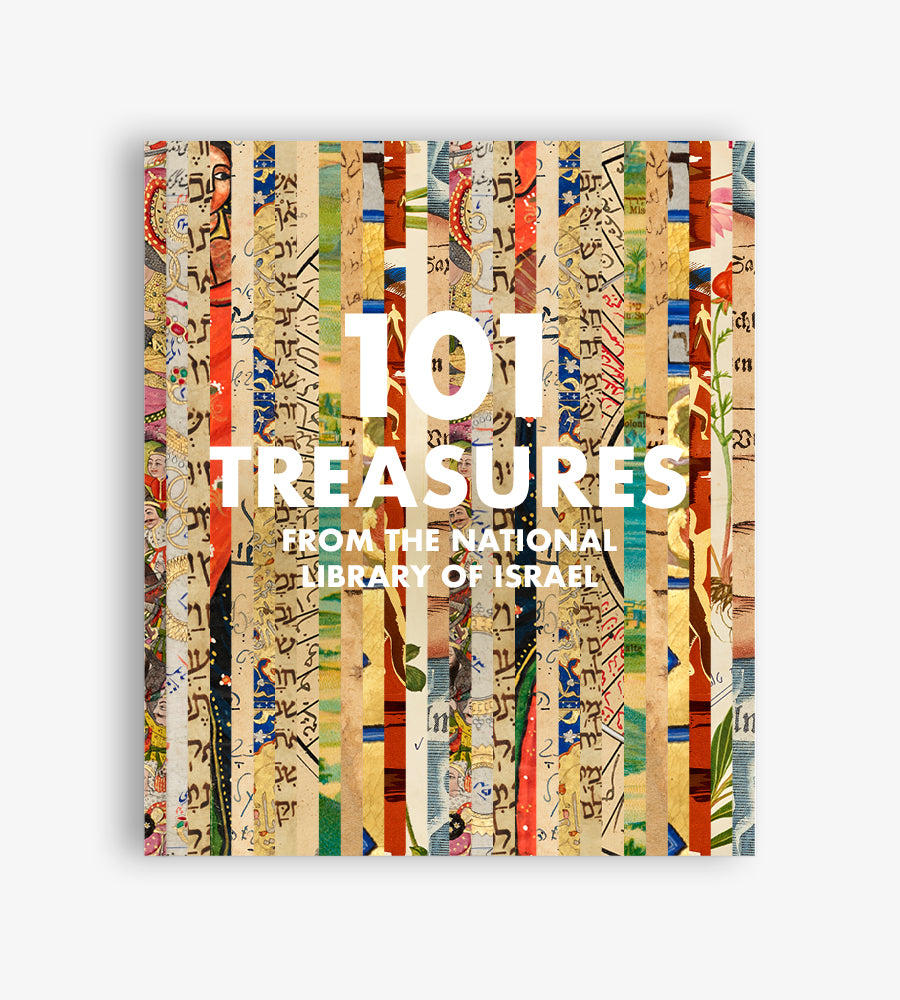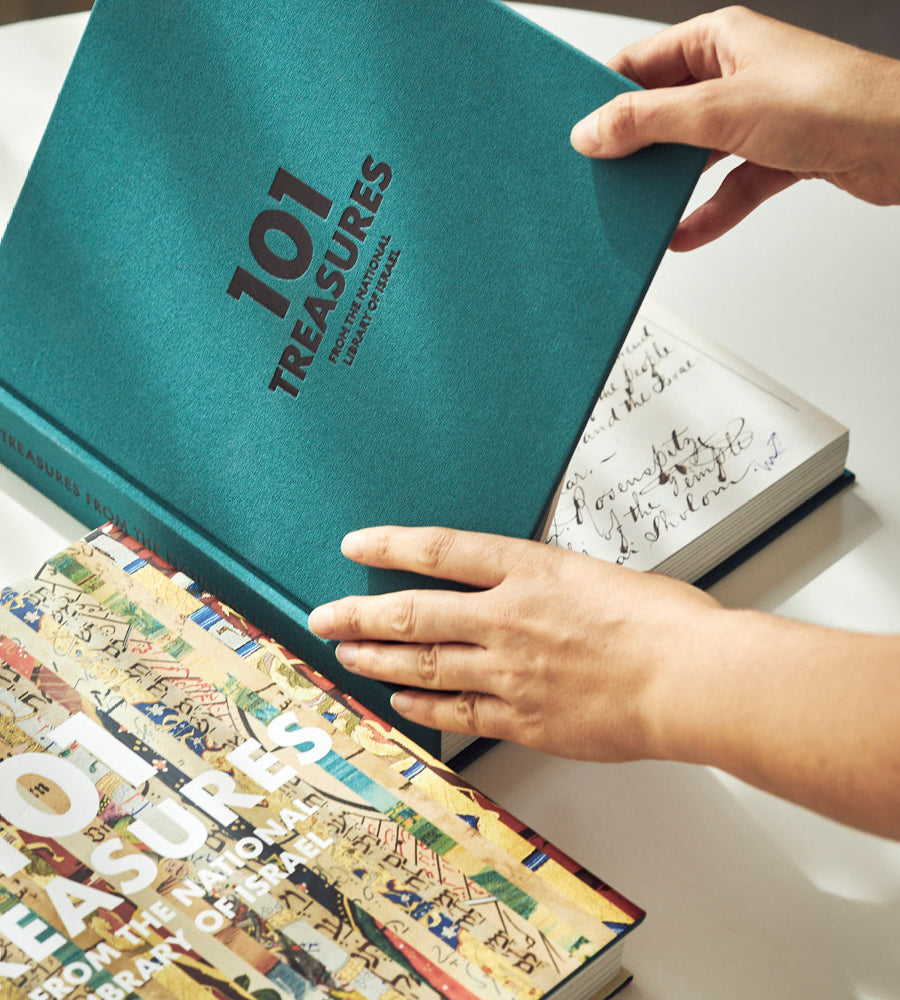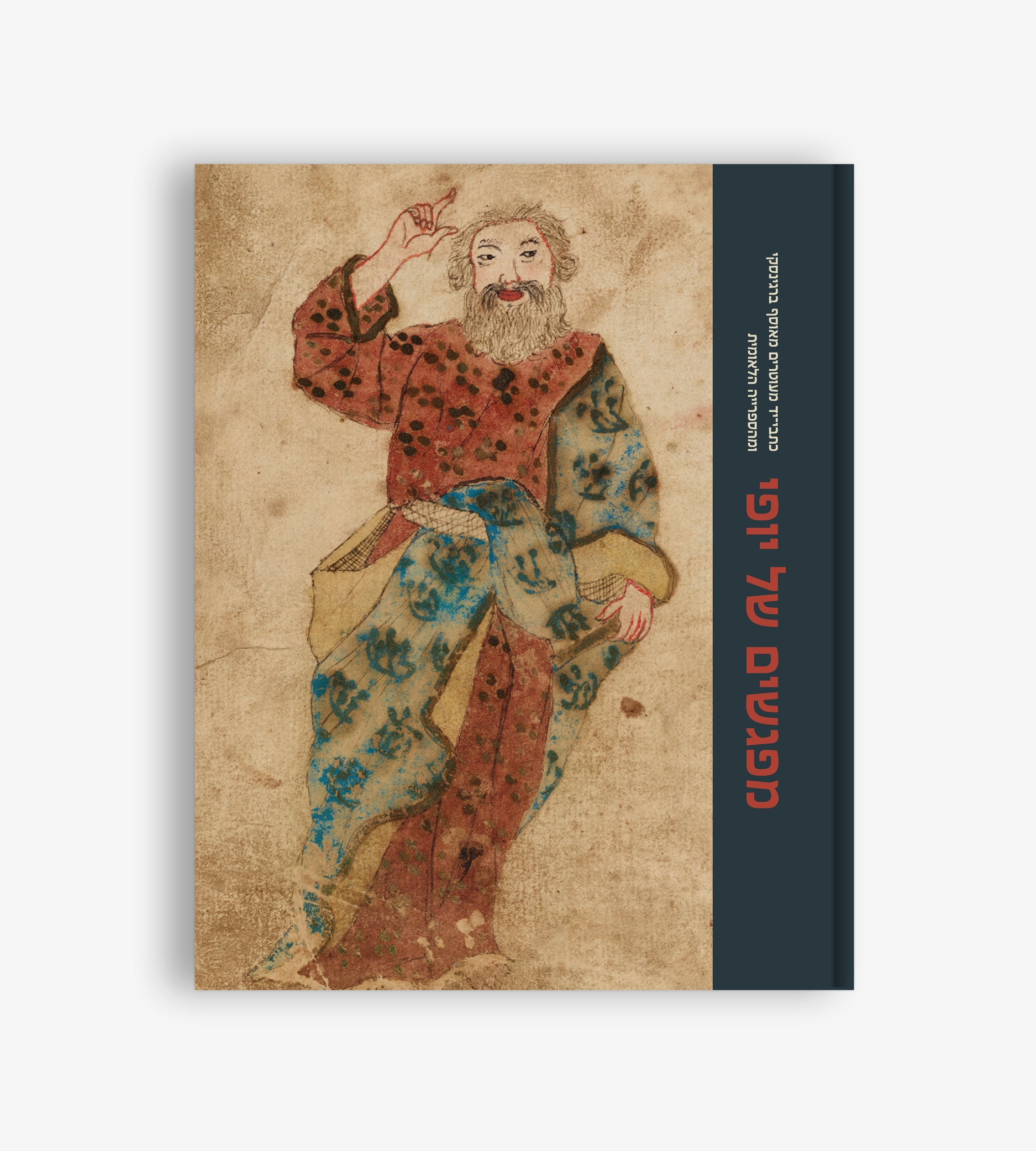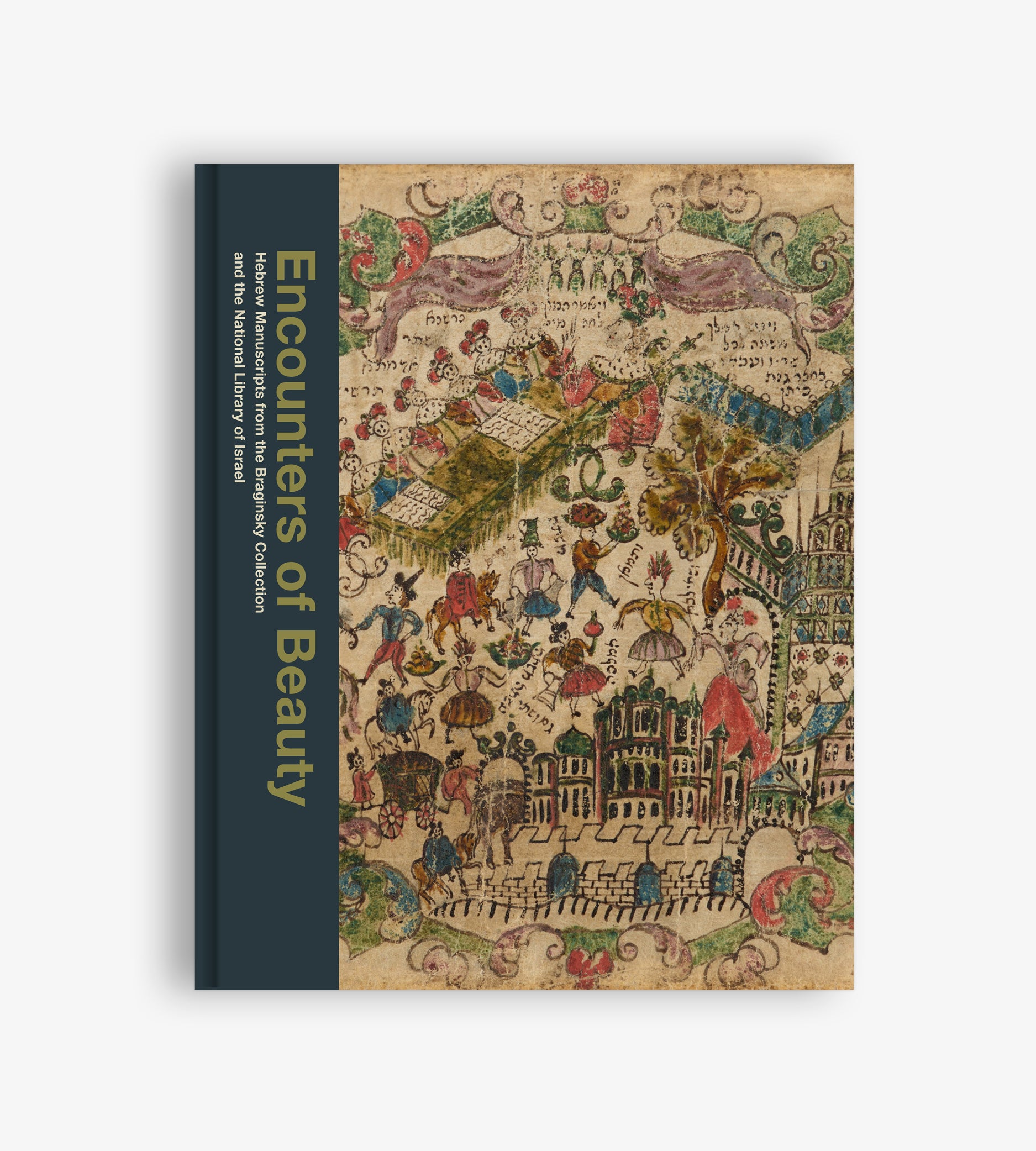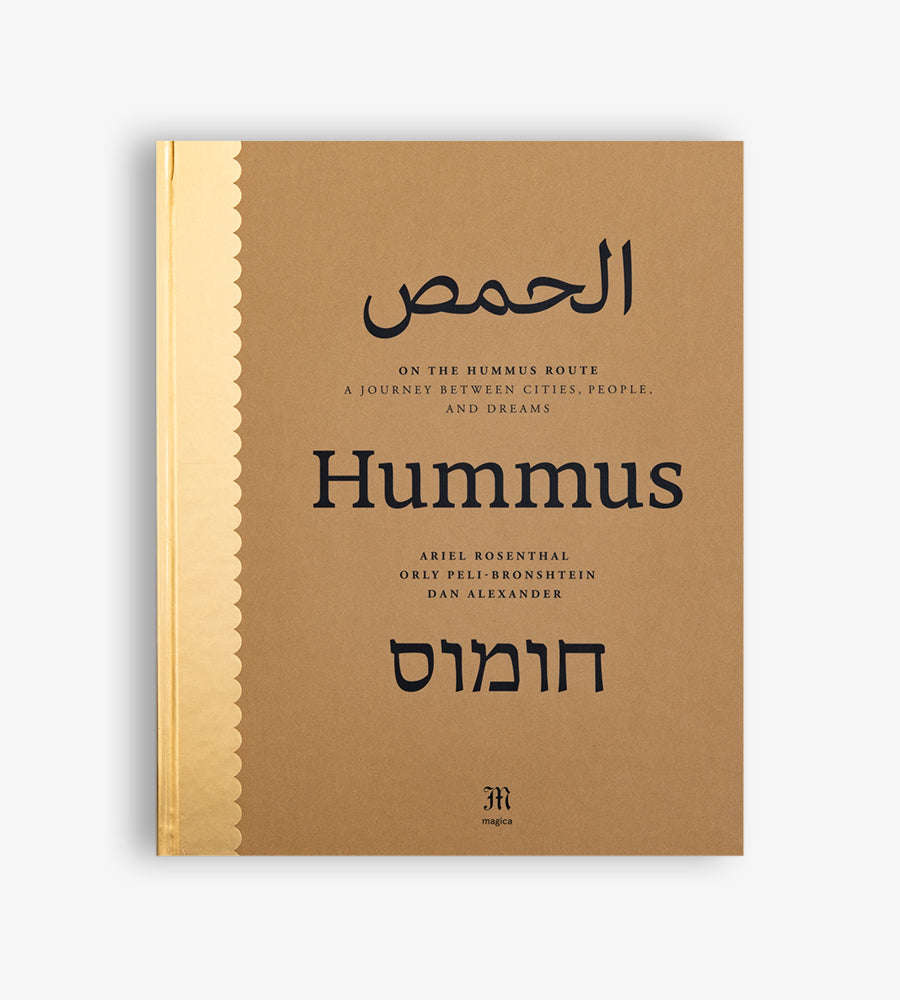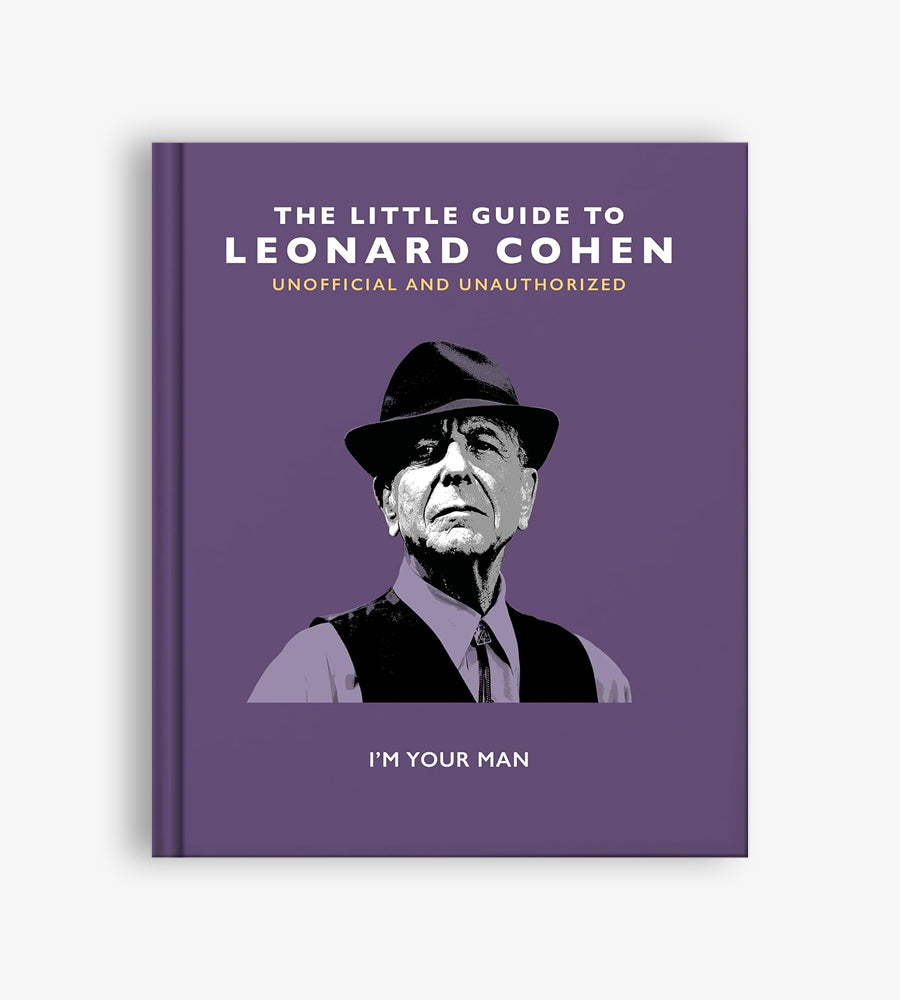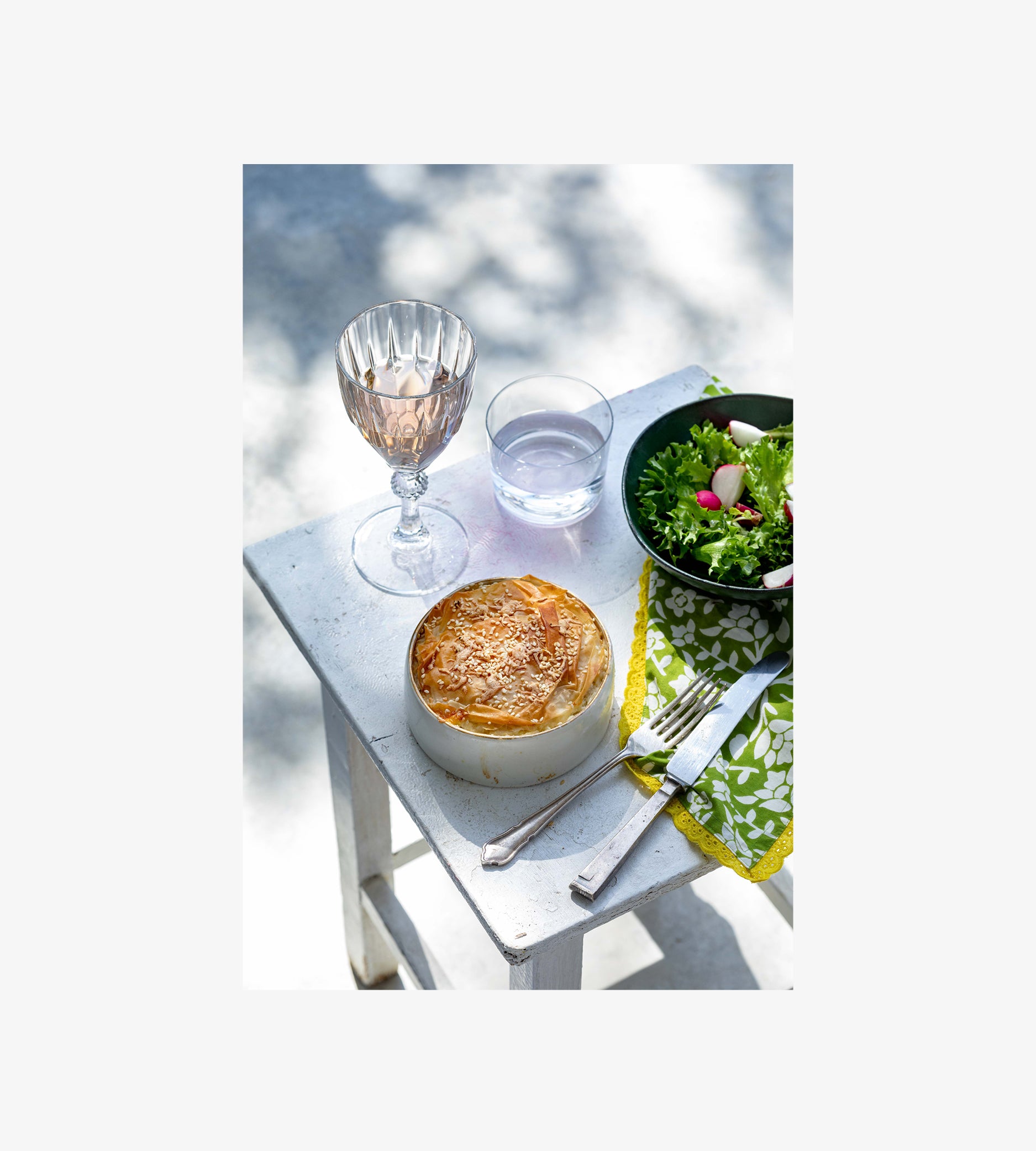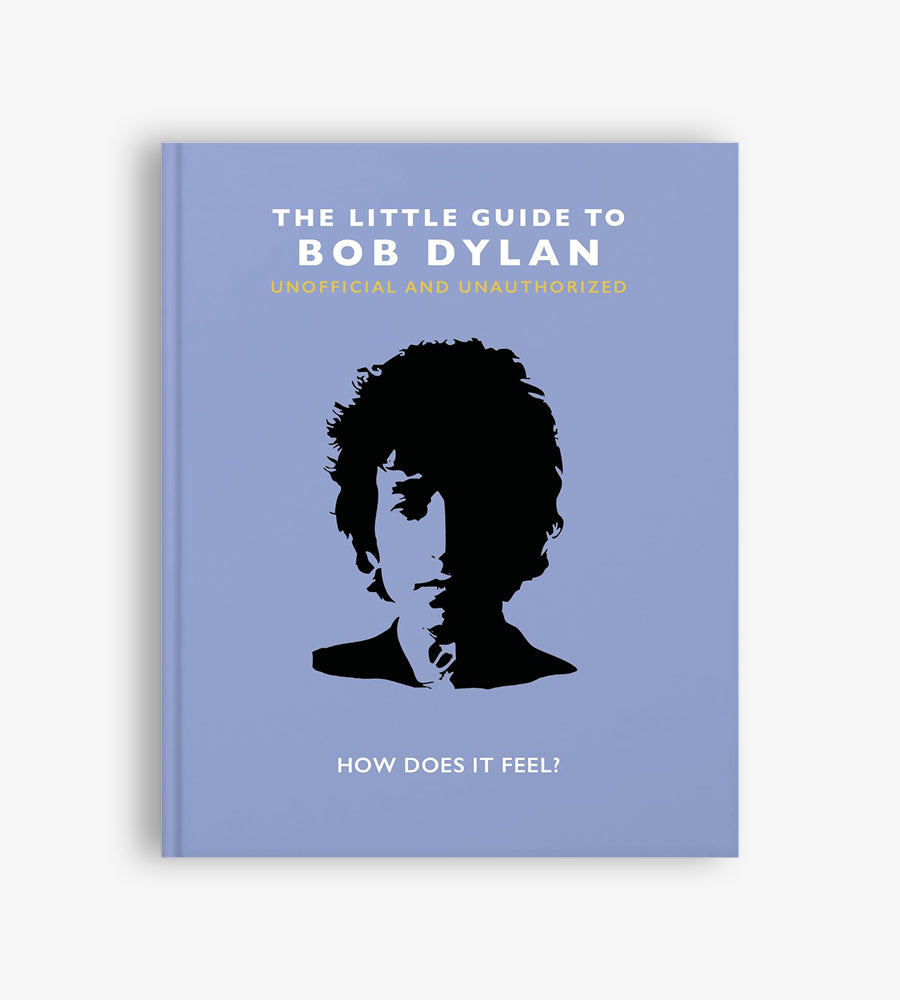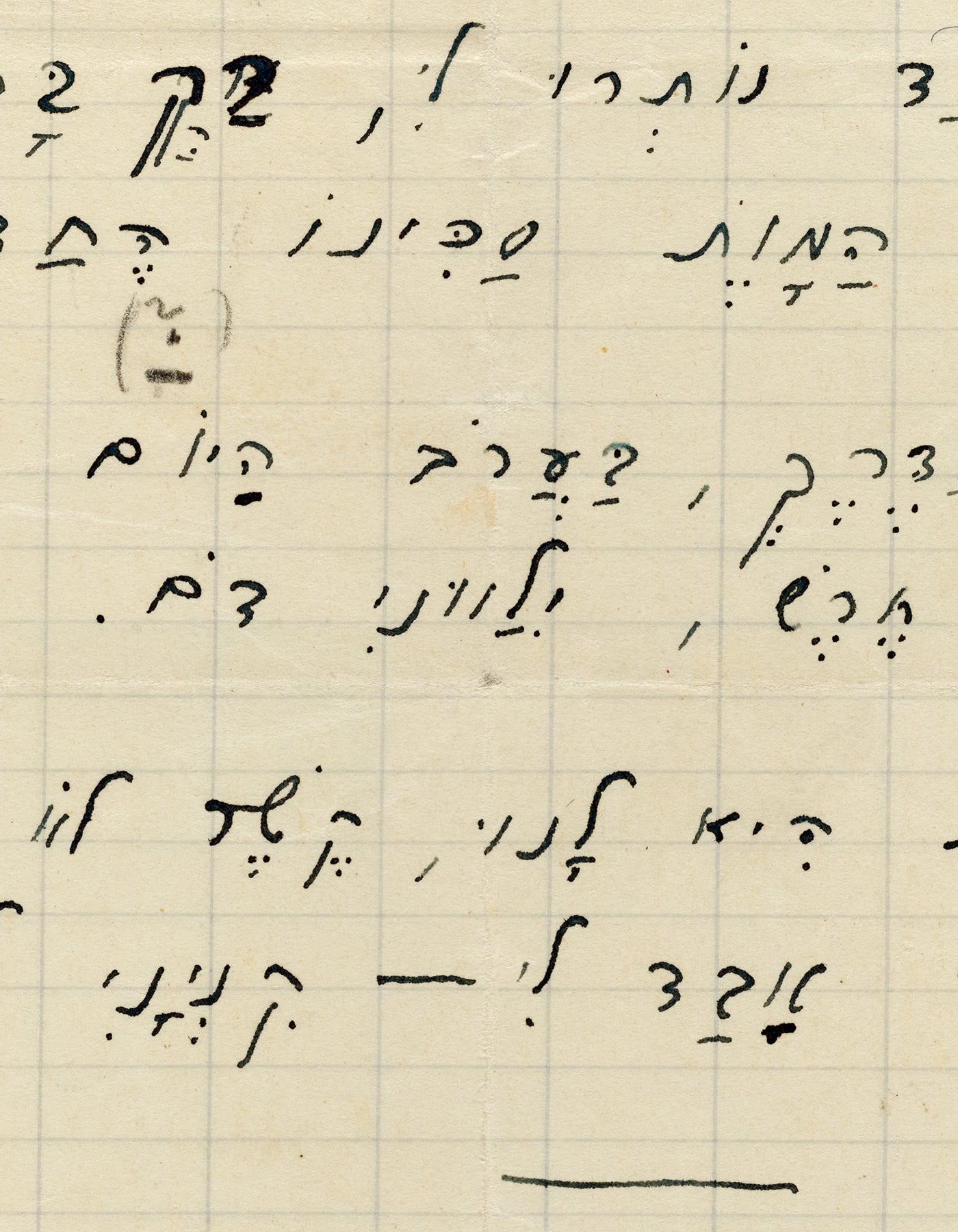
The Last Poem
Hezi Amiur

The poet Rachel Bluwstein (1890–1931), so famous among Israelis that she is known simply as “Rachel,” died before her forty-first birthday. Upon her death, she left behind a note with six lines of verse. This final poem, “My Dead,” was about the loneliness she had experienced in her last years and her strength in the face of impending death.
Following Rachel’s funeral on the banks of the Kinneret, her friend Zalman Shazar, who later became president of Israel, went to her apartment in Tel Aviv, where he discovered this poem on her desk. Struck by the poem’s uniqueness, he published it and then sent it to the National Library along with several other manuscripts.
Shazar was largely responsible for publishing Rachel’s poetry during her lifetime. He encouraged her to submit poems for him to publish in the Davar newspaper, and when she refused to write anything new, he chose poems from her notebooks.
Rachel rarely titled her poems, but at the top of “My Dead” she wrote, “Only the dead will not die,” a quote from the Hebrew writer Jacob Shalom Katznelbogen. Shazar was well acquainted with this quote as Katznelbogen had been his beloved private tutor as a child. Katznelbogen drowned in Switzerland at a relatively young age, and his literary output had sunk into oblivion. A year before her death, Shazar had sat with Rachel looking out at the sea in Tel Aviv and quoted Katznelbogen’s writings to her. These words seem to have become imprinted on Rachel’s mind, helping her come to terms with the meaning of life and death — the subject of her last poem.
Katznelbogen was the teacher who had introduced Shazar to the world of Hebrew literature; Shazar was the editor who introduced Rachel into the canon of Hebrew literature; and Rachel was the poet who ensured a legacy for that otherwise forgotten Hebrew writer.


